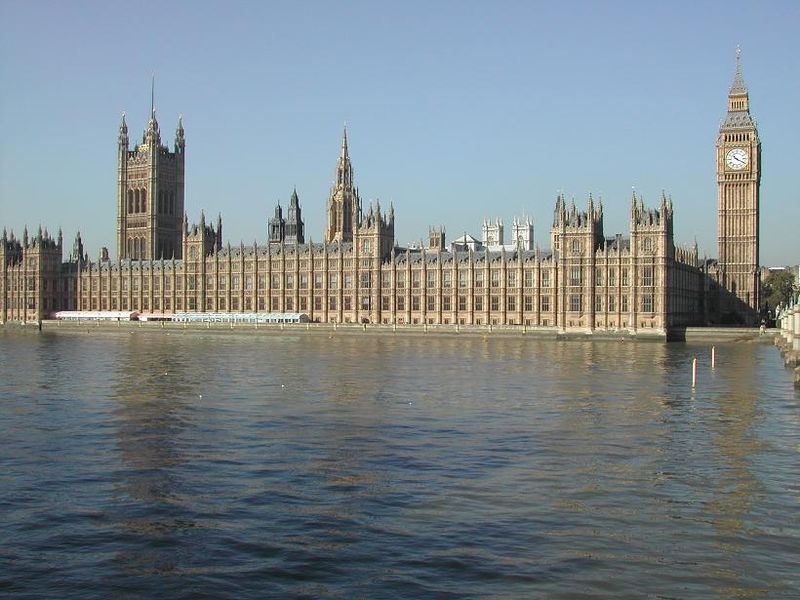No Quitting

Resignations from the U.S. House of Representatives happen somewhat often. For example, on June 21, 2011, Anthony Weiner resigned from the House after being ensnared in scandal, having sent explicit photographs of himself to six different women via Twitter. About a year later, on July 6, 2012, Representative Thad McCotter resigned after election officials discovered that his ballot petitions were comprised of fraudulent signatures. A few weeks after that, another House member, Geoff Davis, also resigned, citing health reasons. And there are certainly others as well in the last two-year election cycle alone. In this case, it’s a job like any other –if you don’t like what you’re doing, you can quit. Sure, you won’t get paid, and yes, there may be other consequences, but if you don’t want to (or, effectively, can’t) do the job anymore, in almost all cases, you can stop doing it.
Resignations from the UK House of Parliament, though, are very rare. There’s a reason for that: Members of Parliament are not allowed to resign.
But don’t worry: there’s a workaround.
To some, representing your community is not just a job, but a matter of public trust. Such an appointment, the logic follows, should not be taken lightly — and should not be dispensed with at a whim. In 1624, the United Kingdom decided to make this belief into an enforceable rule, binding MPs to their Parliament seats. The rule has morphed into more of a tradition, but regardless, has been in effect ever since.
But in 1701, a second rule conflicted with this. The Crown had the ability to appoint people into something called an “office of profit” — basically, a ministerial office, working on behalf of the reigning monarch, which comes with a (typically perfunctory) wage. Offices of profit are virtually unknown today in the UK, but were relevant enough in the 18th century that Parliament saw this job as conflicting with the duties of an MP — the MP would necessarily have to choose, at some point or another, whether to act in the benefit of his constituents or to the benefit of his employer, the King. So if an MP accepted appointment to an office of profit, he was required to vacate his seat in Parliament.
As executive power has shifted from the Crown to Parliament as the parliamentary system has developed, in modern times, offices of profit under the Crown have almost entirely disappeared. But two positions remain, called the Crown Stewards and Bailiffs of Chiltern Hundreds and the Manor of Northstead, respectively. Neither position has any substantive duties, but the officeholders of both receive a tiny salary from the Crown. The sole purpose of these positions is to create the conflict described by the 1701 rule so that an MP can leave office without violating the no-resignations custom.
Bonus fact: The U.S. Constitution makes three references to offices of profit, but those rules rarely are an issue. One recent exception? Article I, Section 9, Clause 8 of the Constitution states in part that “no Person holding any Office of Profit or Trust under them, shall, without the Consent of the Congress, accept of any present, Emolument, Office, or Title, of any kind whatever, from any King, Prince or foreign State.” And in 2008, President Obama was awarded the Nobel Peace Prize. The Nobel Peace Prize committee is empowered to award the honor by the Parliament of Norway, and approximately $1.4 million is given to the honoree. Some argued that this was a “present from a foreign state” and therefore unconstitutional for the President to accept without Congress’s OK. In the end, though, the argument was more partisan bluster than anything else; regardless, President Obama donated all the money, splitting it up among ten different charitable organizations.
From the Archives: Representation Without Taxation: What happens when Scotland gets to decide on how England is taxed?
